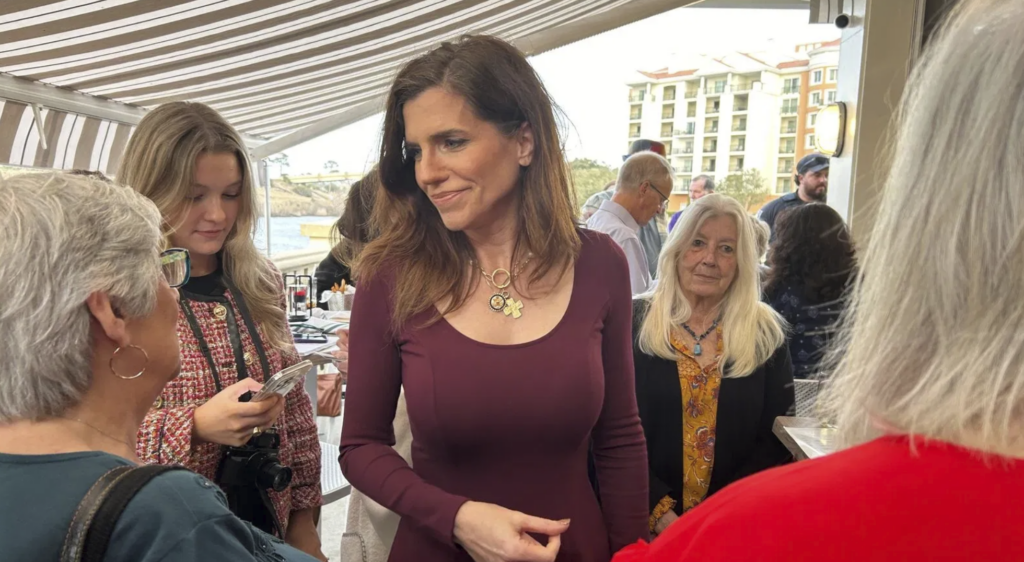Congressman Clyburn works to increase broadband internet access in rural South Carolina areas
SALUDA, SC (WOLO) — According to the state’s broadband internet office, more than 5 percent of South Carolina residents lack access to the internet.
The goal of Governor Henry McMaster and Congressman Jim Clyburn is getting the state up to 100 percent. A new 185 million dollar investment into rural broadband will help get South Carolina closer to that goal.
“For most of our rural communities, the lack of broadband is an issue. Companies do not want to be in a place without broadband,” said Saluda mayor Miliken Matthews.
Congressman Jim Clyburn has long championed a movement to expand broadband internet access in the Palmetto State.
“Thanks to the American Rescue Plan and the bipartisan infrastructure law, South Carolina has secured this funding,” said Rep. Clyburn.
One of the places in the state with the lowest percentage of residents with internet is right here in the Midlands, Saluda South Carolina.”
“Not only are people but the community as a whole is at a disadvantage,” said the town’s mayor. “Broadband brings more business and connects local businesses to the e-commerce industry. It does a lot of things.”
According to the state broadband office, only around 60 percent of Saluda residents have broadband internet. The town’s mayor says the problem is twofold.
“A lack of availability and a lack of funding,” Mayor Matthews said.
Even with more internet providers in their area, some Saluda residents will still need help paying for broadband. Part of the 185 million dollar investment into the state’s internet access is a 30 dollar a month subsidy to help people afford the service.
“This means that most qualifying households will receive internet access at no cost,” said Jacob Leibenluft, US Treasury chief recovery officer. “Households can check their eligibility for free internet and sign up at GetInternet.gov.
Both Saluda’s mayor and Congressman Clyburn believe that an increase in broadband internet access will have positive effects on the state’s rural areas.
“The main reason why people leave rural communities is not because people don’t like the quietness or the beautiful streets but because it lacks what they need,” Matthews said. “Broadband will help bring some of those resources in.”
“All we got to do now is stay on schedule,” Clyburn said. “I think we’ll meet the governor’s goal of building out 100 percent in 3 to 5 years.”
Internet access is unevenly distributed in the state, including here in the Midlands.
Towns such as Chapin and Irmo have 100 percent of the population connected, while towns such as Saluda and Swansea hover around the 60 percent mark.


